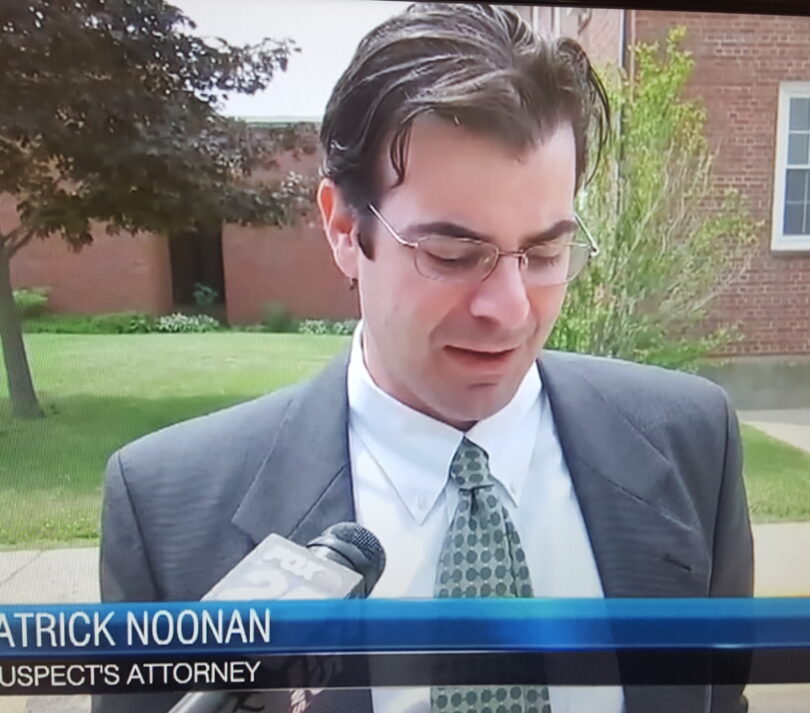Nursing Home Diabetic Care Complications
Diabetes Basics
To fuel our bodies, most of the food (particularly carbohydrates) we eat is turned into glucose (also commonly referred to as blood sugar). Glucose is very important for our bodies because it provides all the cells in our muscles and tissues with the energy they need to thrive. Without glucose the cells in the brain, blood, liver, pancreas and other parts of the body die. Someone is diagnosed with diabetes when their body is not able to properly process glucose causing high blood glucose levels (also known as hyperglycemia).
Insulin is a hormone that helps transport glucose to our body’s brain cells, red blood cells, liver cells etc. Diabetes occurs when our pancreas is unable to produce and provide the body with enough insulin. Without insulin the glucose our bodies rely on does not get transported to our cells.
Diabetes mellitus, which is a chronic condition, is very common in nursing homes. There are many types of diabetes, but the two main types are type 1 diabetes and type 2 diabetes.
Senior Citizens Experience the Highest Rate of Type 2 Diabetes
The American Diabetes Association estimates that in 2012 there were 29.1 million Americans with type 2 diabetes, including 8.1 million undiagnosed cases. Of the 29.1 million diabetics, 11.8 million were senior citizens – an age group in which the prevalence of diabetes is high at 25.9% of the U.S. population.
40% of people over the age of 80 living in the United States have diabetes. The American Diabetes Association also states that diabetes remains the seventh leading cause of death in the United States, serving at least as part of the underlying causes of death in over 300,000 deaths in 2010.
Diabetic Insulin Treatment
There are diabetic treatments and medications that help aid the body and pancreas to produce enough insulin to ensure glucose gets transported to the body’s cells. A patient that does not produce adequate levels of insulin might undergo insulin treatment in the form of periodic insulin injections or the installation of an insulin pump in order to help the body maintain proper insulin levels.
Nursing Homes are Required to Monitor Blood Sugar Levels
Periodic blood sugar monitoring is required in order to ensure a nursing home resident with diabetes is producing enough insulin to maintain proper blood glucose levels.
Medicare covers blood glucose monitoring in nursing homes and there is no reason for a nursing home not to monitor a resident’s diabetes.
Nursing homes perform blood glucose tests by pricking a resident’s finger in order to collect a droplet of blood which is collected on a test strip and inserted into a blood glucose monitor. The monitor provides an instant blood glucose level reading.
Blood glucose levels are usually tested before or after meals. Nurses should report any serious changes in a resident’s blood glucose levels to one of the nursing home’s physicians. This will allow the physician to order any changes that may be needed to maintain proper blood glucose levels.
What Complications Can Develop From Diabetes?
Diabetes can cause severe complications when it is undiagnosed, improperly monitored or not treated properly. The two main short-term concerns with diabetes are low blood sugar (hypoglycemia) which can lead to insulin shock and rapid death.
Insulin Shock: A patient in insulin shock requires immediate attention to avoid coma and death. They may simply require glucose tablets or a sugary drink to help stabilize their blood sugars, or they may require an injection of glucagon.
Diabetic Ketoacidosis: Diabetic ketoacidosis (DKA) occurs when blood sugars are too high (hyperglycemia.) Untreated, DKA can lead to rapid dehydration, coma, seizures, and electrolyte imbalances that can cause heart problems, and death. DKA requires careful treatment and may require hospitalization and special care.
Other complications include, but are not limited to, the following:
- Confusion, dizziness, or lightheadedness which can lead to nursing home fall accidents;
- Severe fatigue and dizziness resulting in fall injuries;
- Nerve and/or tissue damage;
- Nursing Home Infections;
- Pneumonia;
- Blindness;
- Heart disease;
- Kidney failure;
- Amputations; and
- Death.
As you can see, these complications are often severe and can have extremely negative consequences for older individuals who may already be suffering from other health issues. It is extremely important for nursing home staff to monitor blood sugar levels in patients with diabetes and to properly train staff to recognize the warning signs of diabetic-related complications so that any medical concerns can be addressed before severe consequences result.
When is a Nursing Home Liable for Diabetic Care Complications?
Given the potential for serious complications if diabetes is not properly treated, it is essential for nursing homes to monitor patients suffering from diabetes on a regular basis to ensure that all medications are taken as prescribed and that blood sugar levels are controlled. Monitoring blood sugar levels is a fairly easy process. Nursing home staff must be trained on how to properly monitor blood sugar levels. Residents can be injured when nursing homes fail to properly monitor and record blood sugar levels in patients.
If a diabetic nursing home resident does not receive proper diabetes care or monitoring, the nursing nursing could be responsible for neglect or medical malpractice if their negligent diabetic care caused complications that resulted in avoidable pain and suffering.
Did your loved one suffer harm or death as a result of hypoglycemia or diabetic ketoacidosis?
Our lawyers can help you hold negligent or abusive caregivers accountable for their actions.
It is important to work with a personal injury attorney to investigate the circumstances surrounding your loved one’s urinary tract infection in order to determine if the nursing home has any liability. To learn more about legal actions in cases involving nursing home neglect or abuse of elderly patients, contact our law offices today for a FREE legal consultation, where you can find out more information about whether or not the nursing home facility might be liable for compensation.
Our experienced team of personal injury lawyers can help evaluate the circumstances of an injury to help you determine if compensation might be available to you.
We offer a free, no-obligation legal consultation to help you understand your rights and the value of your case. Our personal injury law firm takes cases involving elder abuse and neglect. We offer legal service to clients in Massachusetts, Rhode Island and New Hampshire.
Massachusetts Elder Abuse and Nursing Home Neglect Personal Injury Attorneys, Free Consultation. No fee if no recovery.



